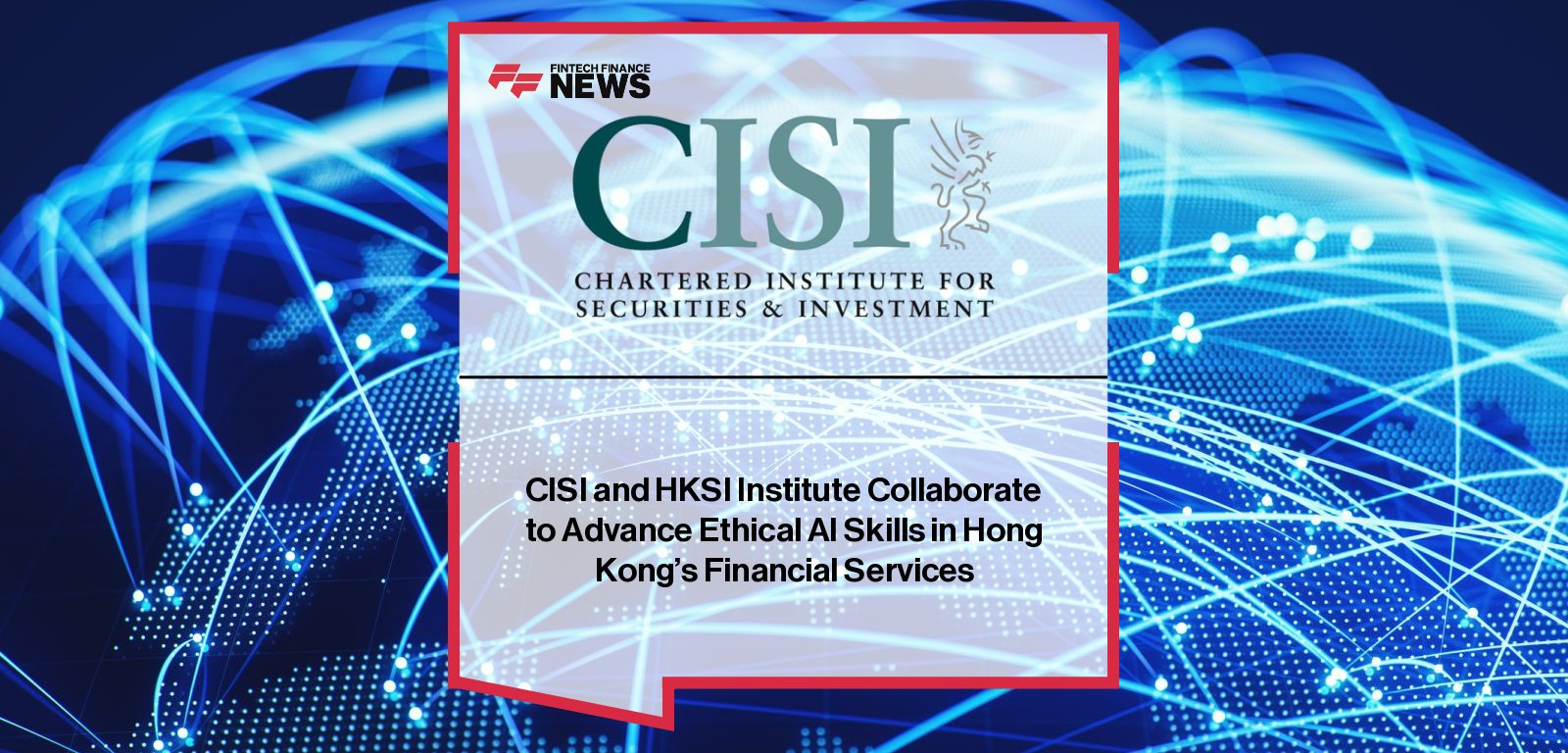Latest Innovations in Technology and Finance: Opportunities and Challenges
Author: Tech and Finance Insight

In the rapidly evolving landscape of technology and finance, companies are finding themselves at a crossroads. The integration of artificial intelligence (AI) and cloud computing has not only changed the way businesses operate but has also opened new avenues for growth and innovation. This article delves into several key developments that are shaping the future of technology and finance.
Nordic enterprises are paving the way with their investment in hybrid and multicloud environments, optimizing their operations for flexibility, scalability, and compliance. According to a report by Information Services Group (ISG), these strategies enable businesses in the region to adapt more efficiently to market demands. The shift towards hybrid and multicloud solutions allows enterprises to leverage the best characteristics of various cloud services, minimizing risk while maximizing technological capabilities.
_Logo.jpg)
ISG Logo representing the study on Nordic enterprises' cloud investments.
Investment in technology continues to be a driving force for growth within the financial sector as evident by Quavo's recent announcement of a $300 million investment from Spectrum Equity. Quavo, a cloud-based software provider for fraud and dispute management, aims to use these funds to enhance their offerings and accelerate business growth. This large-scale capital injection reflects the ongoing trend of investors betting heavily on technology firms that demonstrate innovative capacities.
Moreover, the collaboration between the Chartered Institute for Securities & Investment (CISI) and the Hong Kong Securities and Investment Institute (HKSI) highlights the importance of ethical considerations in finance. Their new program is designed to improve the understanding of ethical AI usage in the financial services sector, ensuring that while organizations benefit from AI advancements, they also remain vigilant about ethical implications.

The collaboration aims to enhance ethical AI skills in financial services.
As financial institutions embrace AI technologies, concerns about bad actors leveraging similar technology have emerged. Sam Altman, the CEO of OpenAI, has raised alarms over a potential AI fraud crisis, where identity theft through deepfakes and other fraudulent practices could significantly impact consumers and businesses alike. The call for stricter regulations and protective measures is becoming increasingly urgent as AI capabilities advance.
The market for advanced computing technologies is also seeing unprecedented growth. The global CMOS Power Amplifier market, for instance, is expected to surge to $31.4 billion by 2035, propelled by rising wireless demand. In parallel, the B2B telecommunication market is projected to reach $293.05 billion within the same timeframe, showcasing how critical these technologies will become in our increasingly connected world.
Furthermore, research indicates a strong correlation between the growth of TPU (Tensor Processing Unit) market and the rapid adoption of AI and machine learning technologies. The TPU market is anticipated to hit $24.1 billion by 2032, powered by robust cloud infrastructure and innovations from industry leaders like Google and AWS. With new funding initiatives from the U.S. Congress aimed at boosting AI research, the future looks bright for advancements in computing technology.

The anticipated growth in the CMOS Power Amplifier market highlights the increasing importance of wireless technologies.
As technology continues to evolve, so does the nature of work and the workforce. The implications of automation and AI are causing significant shifts within various employment sectors. Businesses are urged to adapt quickly to these changes to maintain competitiveness while ensuring their workforce is equipped for the future. Ethical considerations surrounding AI technologies must also be taken into account to protect jobs and safeguard individual rights.
In conclusion, the interplay between technology, finance, and ethical practices is becoming more pronounced. Investments in innovative solutions, adherence to ethical standards, and proactive measures against potential abuses of technology are essential for companies aiming for sustainable growth. As we advance further into an AI-driven era, a balanced approach that embraces innovation while safeguarding personal and business interests will define the future of commerce and technology.